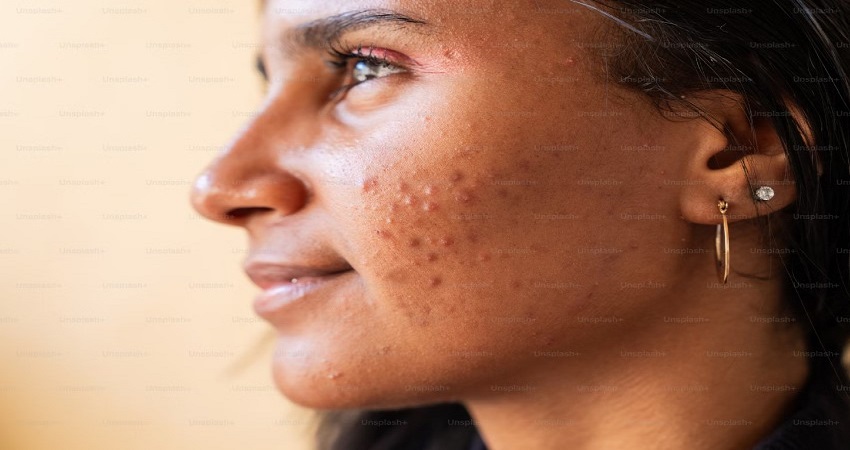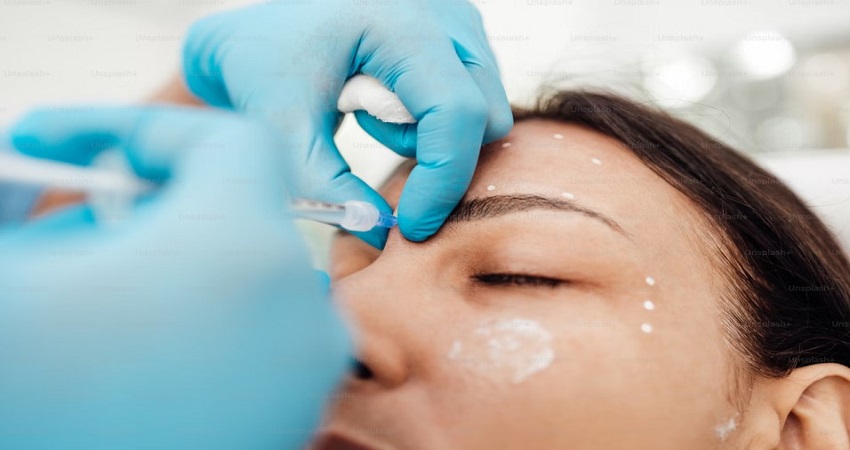When it comes to eye health, particularly retina treatment, finding the best hospital is crucial for receiving expert care and achieving optimal outcomes.
Washington is home to several reputable hospitals that offer specialized retina care. Here’s a guide to the top 15 hospitals in Washington known for their excellence in retina treatment.
Here Is The Full Details About Top 15 Best Hospitals In Washington For Retina Treatment
1. Swedish Medical Center – Cherry Hill
Located in Seattle, Swedish Medical Center – Cherry Hill offers comprehensive retina care with advanced diagnostic and treatment technologies. The center’s retina specialists are renowned for their expertise in managing conditions such as retinal detachment and age-related macular degeneration (AMD).
2. University of Washington Medical Center
As a leading academic medical center, the University of Washington Medical Center provides state-of-the-art retina treatment. Its team of retinal specialists is involved in groundbreaking research and offers innovative treatments for various retinal disorders.
3. Virginia Mason Medical Center
Virginia Mason Medical Center, located in Seattle, is known for its patient-centered approach to retina care. The facility features a team of experienced retina specialists who use advanced imaging techniques to diagnose and treat retinal diseases.
4. EvergreenHealth
EvergreenHealth in Kirkland is well-regarded for its comprehensive retina services. The hospital’s retina department offers treatment for diabetic retinopathy, retinal vascular disorders, and other complex retinal conditions.
5. Harborview Medical Center
Harborview Medical Center in Seattle is known for its expertise in treating complex retinal conditions. The hospital’s retina specialists provide both medical and surgical interventions for retinal diseases.
6. Multicare Good Samaritan Hospital
Located in Puyallup, Multicare Good Samaritan Hospital offers a range of retina treatments with a focus on personalized patient care. The hospital’s retina team is skilled in handling both common and rare retinal conditions.
7. Group Health Cooperative – Capitol Hill
Group Health Cooperative on Capitol Hill provides excellent retina care with a focus on comprehensive treatment plans. The facility is known for its use of advanced technologies in diagnosing and treating retinal diseases.
8. Providence St. Peter Hospital
Providence St. Peter Hospital in Olympia offers specialized retina services with a commitment to patient care and innovative treatments. The hospital’s retina specialists are experienced in managing a wide range of retinal conditions.
9. Northwest Eye Surgeons
Northwest Eye Surgeons, with locations throughout Washington, provides specialized retina care with a focus on surgical treatments. The clinic’s team of retinal surgeons is known for their expertise in retinal surgery and advanced therapeutic options.
10. Seattle Children’s Hospital
Seattle Children’s Hospital offers exceptional retina care for pediatric patients. The hospital’s retina specialists are experts in treating childhood retinal diseases and provide tailored care for young patients.
11. The Polyclinic
The Polyclinic in Seattle provides specialized retina care with a focus on cutting-edge treatment options. The clinic’s retina team is known for its comprehensive approach and advanced diagnostic tools.
12. Northwest Retina
Northwest Retina, located in various cities across Washington, offers expert retina care with a focus on both medical and surgical treatments. The facility is known for its patient-centered approach and advanced therapeutic techniques.
13. Eye Clinic of Washington
The Eye Clinic of Washington, based in Seattle, offers specialized retina services with a commitment to excellence. The clinic’s retina specialists are experienced in treating complex retinal conditions and provide personalized care.
14. Tacoma Eye Center
Tacoma Eye Center is well-regarded for its retina care services. The center’s retina team is known for its expertise in diagnosing and treating various retinal disorders with a focus on patient satisfaction.
15. Retina Associates of Washington
Retina Associates of Washington offers specialized retina care with a focus on advanced treatments and patient care. The clinic’s team of experts provides comprehensive services for managing retinal diseases.
FAQs
1. What conditions do retina specialists treat?
Retina specialists treat a variety of conditions, including retinal detachment, age-related macular degeneration (AMD), diabetic retinopathy, retinal vein occlusion, and macular hole.
2. How do I choose the right hospital for retina treatment?
When choosing a hospital for retina treatment, consider factors such as the hospital’s reputation, the experience of the retina specialists, available diagnostic and treatment technologies, and patient reviews.
3. Are retina treatments covered by insurance?
Many retina treatments are covered by insurance, but coverage can vary depending on your plan. It’s important to check with your insurance provider to understand the specifics of your coverage.
4. What should I expect during a retina treatment appointment?
During a retina treatment appointment, you can expect a thorough eye examination, diagnostic imaging, and a discussion of treatment options with your retina specialist. The specific procedures will depend on your condition.
5. How long does recovery from retinal surgery take?
Recovery time from retinal surgery varies depending on the type of surgery performed. Generally, patients may need several weeks to months for full recovery. Your retina specialist will provide detailed post-operative care instructions.
6. Are there any risks associated with retinal treatments?
As with any medical treatment, retinal treatments carry some risks. These can include infection, bleeding, vision changes, or complications related to the specific procedure. Discuss these risks with your retina specialist prior to treatment.
7. Can retinal diseases be prevented?
While not all retinal diseases can be prevented, maintaining a healthy lifestyle, managing chronic conditions like diabetes, and having regular eye examinations can help reduce the risk of developing certain retinal conditions.
8. How often should I see a retina specialist?
The frequency of visits to a retina specialist depends on your individual condition and treatment plan. Your retina specialist will recommend a schedule based on your specific needs.



